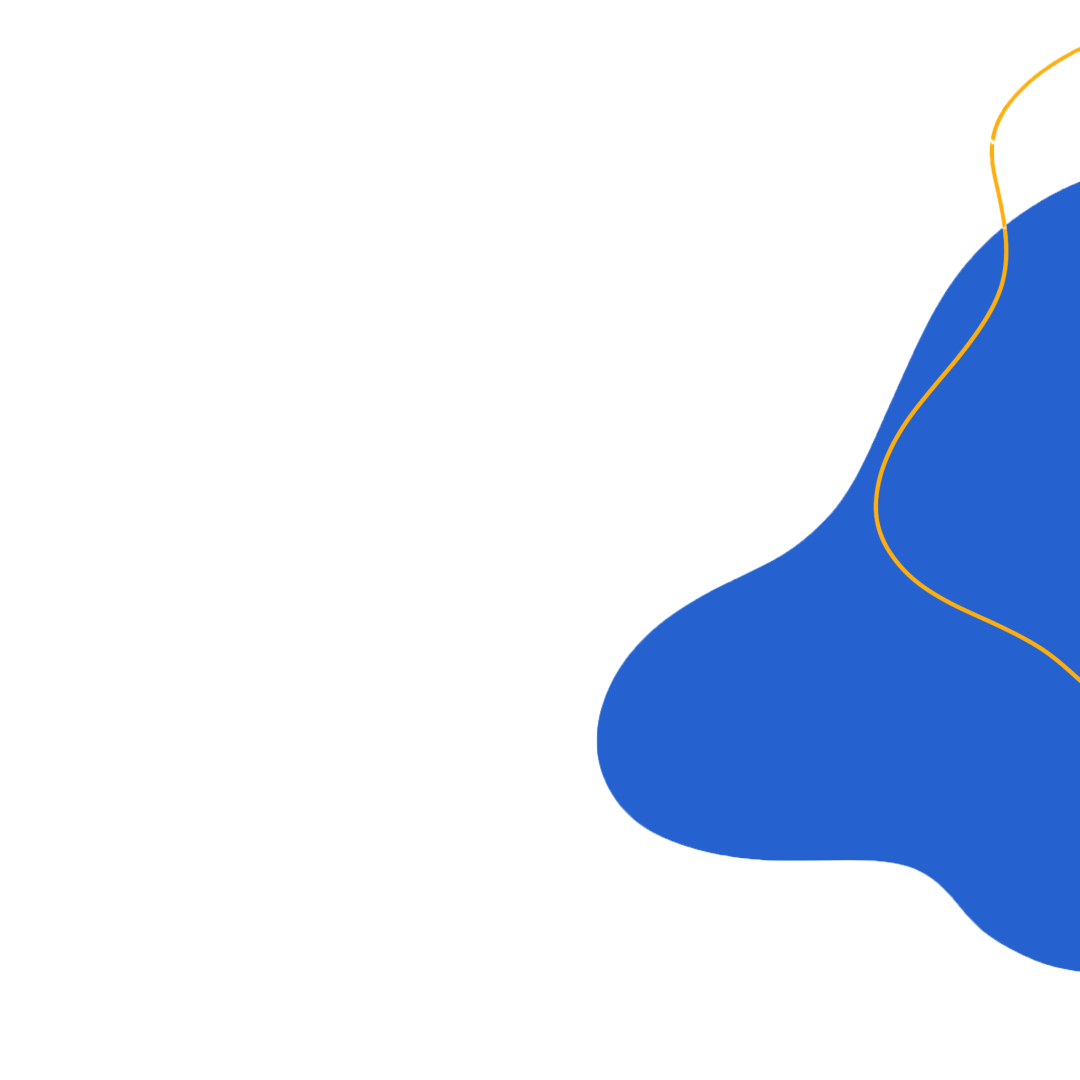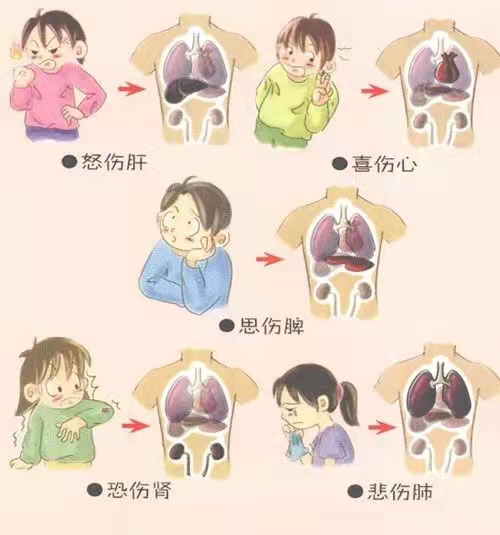


Keep Moving
保持·热爱

Understanding the Causes of Disease in Traditional Chinese Medicine
Seven Emotions

Seven Emotions
Anger can lead to blood vomiting and death.
Out-of-body experiences.
Excessive sadness harms the body.
Are these classic scenes from TV dramas true?
Today, let’s explore the truth about emotions.

Causes of Disease
In Traditional Chinese Medicine (TCM), the causes of disease are summarized in the “Shang Han Lun” as three categories: internal causes, external causes, and neither internal nor external causes. External causes include the six excesses (liuxing) and pestilential qi (liqi). The six excesses are wind, cold, heat, dampness, dryness, and fire. Internal causes include the Seven Emotions, diet, and work-rest balance. The third category refers to neither internal nor external causes, mainly referring to injuries from falls, sharp objects, or animal bites. This summarizes the three causes of disease in TCM. After discussing the six excesses last time, today we will explore the Seven Emotions.

The Seven Emotions

What are emotions?
Simply put, they are our attitudes and reactions towards people and things. When happy, we smile; when angry, we glare; when fearful, we are dumbfounded; when hateful, we grind our teeth; when tense, we fidget; when excited, we dance and raise our voices, etc. These are all forms of expressing emotions.
Ancient people said, “Humans have five organs that transform into five emotions, giving rise to joy, anger, sadness, worry, fear, and shock.” Thousands of years ago, our ancestors had already summarized the seven emotions of humanity: joy, anger, worry, thought, sadness, fear, and shock, and their relationship with our bodies. However, when these emotions become a long-term, persistent, and intense stimulus, the Seven Emotions can become a pathogenic factor.

Characteristics of Pathogenic Effects of the Seven Emotions
Joy relaxes the qi. When people see a smiling face, the atmosphere immediately relaxes. When you are doing something and someone smiles at you, you feel very at ease. This is the state of joy. TCM teaches that joy relaxes the qi and reaches the will. However, excessive joy can harm the heart. “When the heart qi is scattered and not collected, in severe cases, the heart qi may violently escape or the spirit may not be guarded.” Clinically, we often see that after excessive joy and laughter, the spirit cannot concentrate, and even the mind may become disordered or chaotic.

Anger raises the qi. We often say that anger can make one lose their temper, and the qi rises. TCM teaches that anger harms the liver, and anger causes the liver qi to rebel and rise, with blood following the qi upwards. The “Su Wen: On Pain” states: “Anger causes the qi to rebel, and in severe cases, it can lead to vomiting blood and diarrhea.” For example, in the “Romance of the Three Kingdoms”, Zhou Yu died from anger after being provoked by Zhuge Liang. When a person gets angry, the qi and blood surge upwards, requiring the liver qi to be regulated.

Sadness depletes the qi. Crying and anger are two completely different states. TCM teaches that sadness affects the lungs; excessive sadness can lead to lung qi depression, resulting in a lack of will and depletion of lung qi. Clinically, symptoms such as coughing, shortness of breath, and fatigue may appear. Excessive sadness can harm the qi, so we should practice sadness without harm and avoid excessive sorrow.
Worry leads to qi stagnation. Excessive worry affects the spirit, leading to more chaotic thinking. TCM believes that excessive worry can cause dysfunction of the nervous system, reduce digestive fluid secretion, and lead to symptoms such as loss of appetite, insomnia, and neurasthenia, which are closely related to the spleen.

Fear lowers the qi. Fear arises from excessive mental tension, while shock is caused by sudden changes, leading to mental tension. For example, sudden danger or a thunderclap can cause shock. Both fear and shock can lead to instability of the heart spirit, chaotic qi dynamics, and changes in the kidney qi. Clinically, symptoms such as deafness, dizziness, and even death can occur.
The human body is an extremely complex organism. Normal mental activities are beneficial to physical and mental health. However, abnormal mental activities can lead to emotional loss of control, causing dysfunction and imbalance of yin and yang within the body, thus triggering disease. To maintain good health, one must be adept at regulating emotions and be the master of one’s emotions!


-END-


